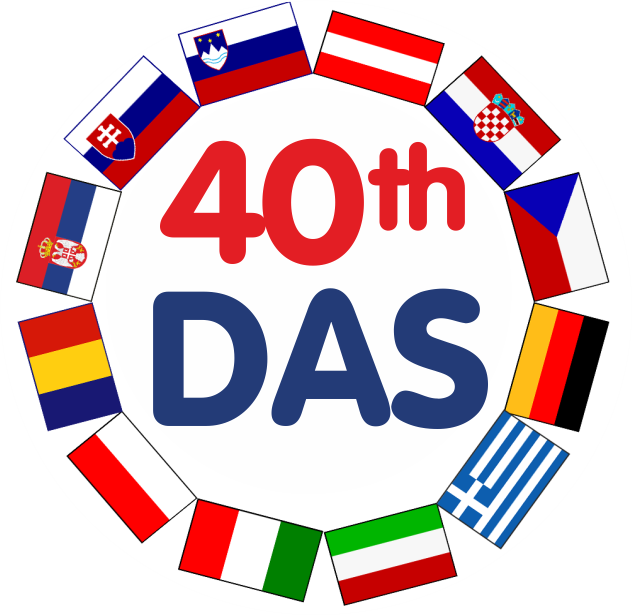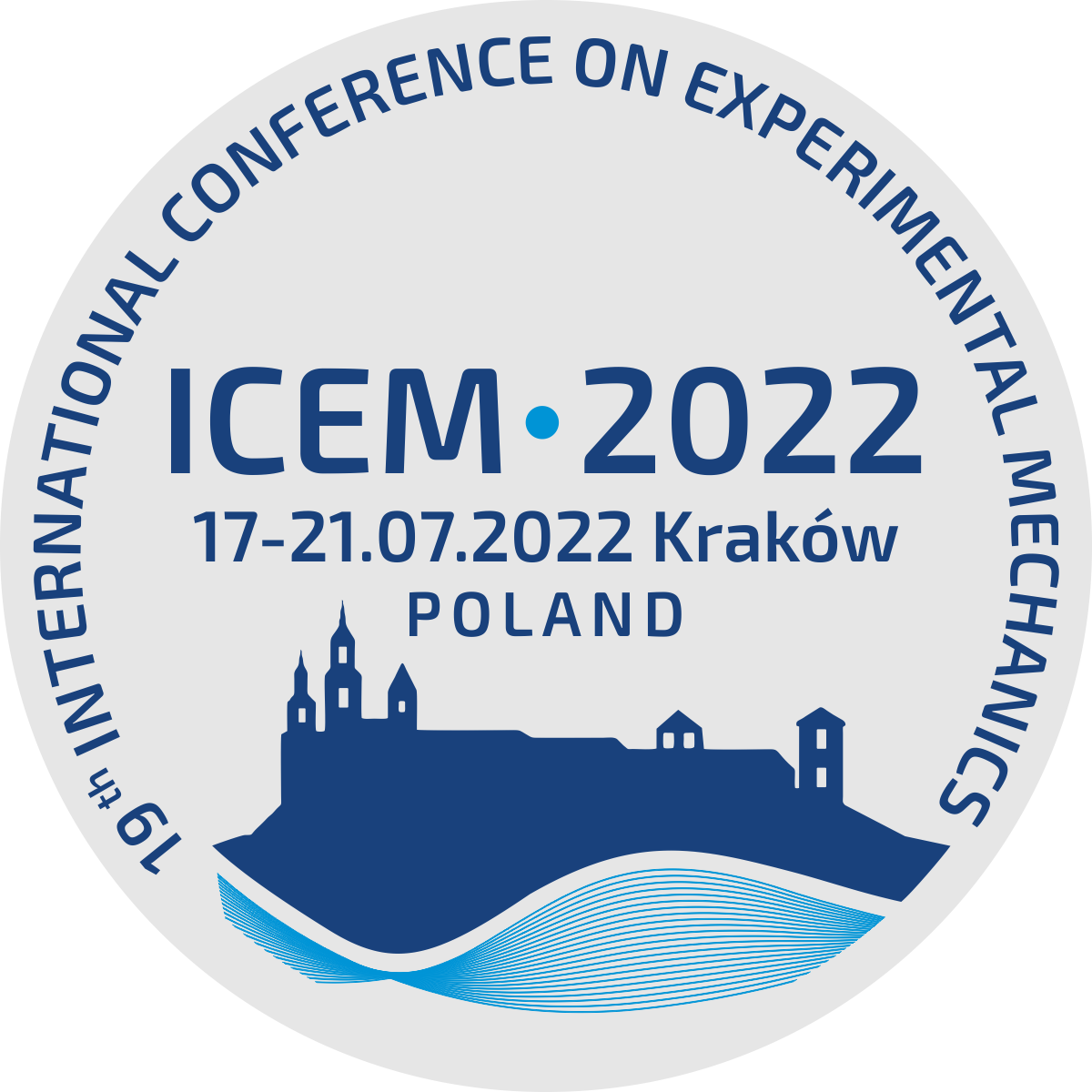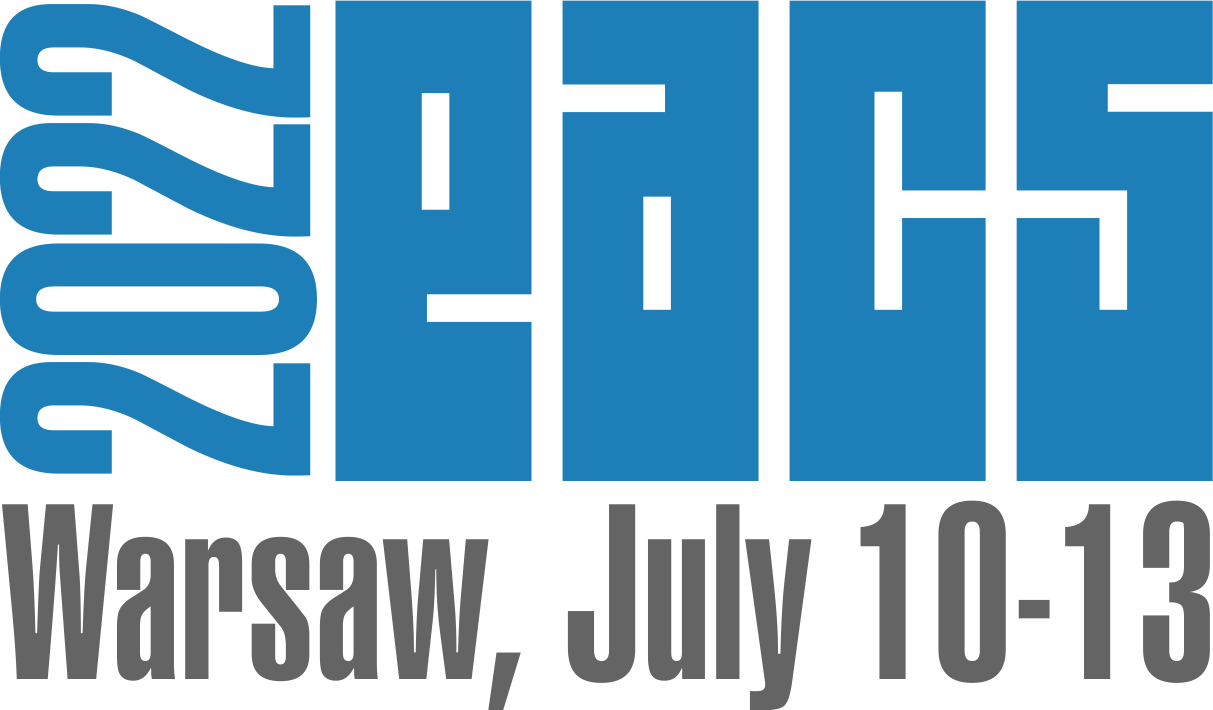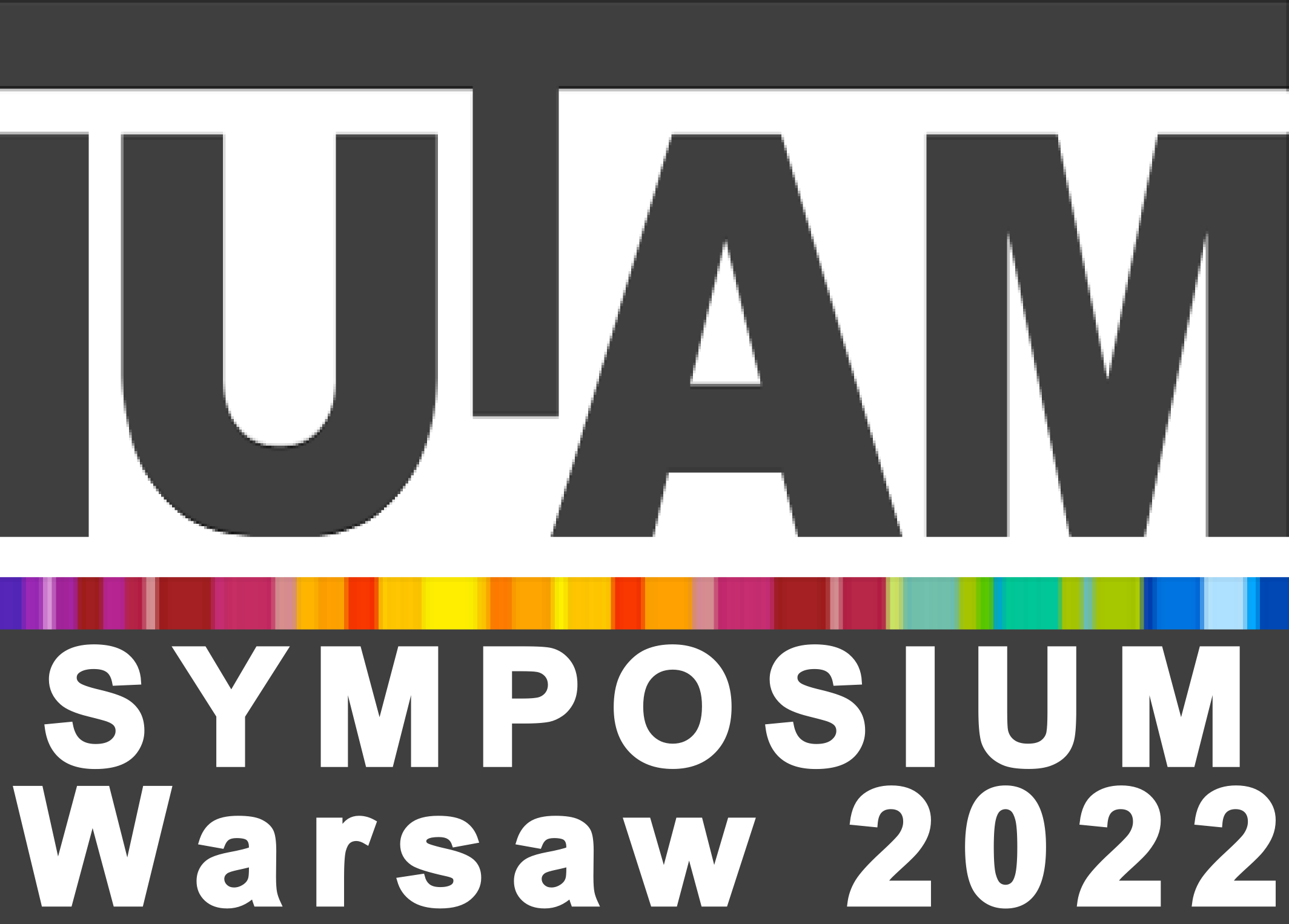| 1. |
Chitambar E.♦, Streltsov A.♦, Swapan R.♦, Bera M.♦, Gerardo A.♦, Lewenstein M.♦, Assisted Distillation of Quantum Coherence,
PHYSICAL REVIEW LETTERS, ISSN: 0031-9007, DOI: 10.1103/PhysRevLett.116.070402, Vol.116, pp.070402-1-070402-5, 2016 Abstract:
We introduce and study the task of assisted coherence distillation. This task arises naturally in bipartite systems where both parties work together to generate the maximal possible coherence on one of the subsystems. Only incoherent operations are allowed on the target system, while general local quantum operations are permitted on the other; this is an operational paradigm that we call local quantum-incoherent operations and classical communication. We show that the asymptotic rate of assisted coherence distillation for pure states is equal to the coherence of assistance, an analog of the entanglement of assistance, whose properties we characterize. Our findings imply a novel interpretation of the von Neumann entropy: it quantifies the maximum amount of extra quantum coherence a system can gain when receiving assistance from a collaborative party. Our results are generalized to coherence localization in a multipartite setting and possible applications are discussed Affiliations:
| Chitambar E. | - | other affiliation | | Streltsov A. | - | other affiliation | | Swapan R. | - | other affiliation | | Bera M. | - | other affiliation | | Gerardo A. | - | other affiliation | | Lewenstein M. | - | other affiliation |
|  |
| 2. |
Streltsov A.♦, Chitambar E.♦, Swapan R.♦, Bera M.♦, Winter A.♦, Lewenstein M.♦, Entanglement and coherence in quantum state merging,
PHYSICAL REVIEW LETTERS, ISSN: 0031-9007, DOI: 10.1103/PhysRevLett.116.240405, Vol.116, pp.1-6, 2016 Abstract:
Understanding the resource consumption in distributed scenarios is one of the main goals of quantum information theory. A prominent example for such a scenario is the task of quantum state merging, where two parties aim to merge their tripartite quantum state parts. In standard quantum state merging, entanglement is considered to be an expensive resource, while local quantum operations can be performed at no additional cost. However, recent developments show that some local operations could be more expensive than others: it is reasonable to distinguish between local incoherent operations and local operations which can create coherence. This idea leads us to the task of incoherent quantum state merging, where one of the parties has free access to local incoherent operations only. In this case the resources of the process are quantified by pairs of entanglement and coherence. Here, we develop tools for studying this process and apply them to several relevant scenarios. While quantum state merging can lead to a gain of entanglement, our results imply that no merging procedure can gain entanglement and coherence at the same time. We also provide a general lower bound on the entanglement-coherence sum and show that the bound is tight for all pure states. Our results also lead to an incoherent version of Schumacher compression: in this case the compression rate is equal to the von Neumann entropy of the diagonal elements of the corresponding quantum state. Affiliations:
| Streltsov A. | - | other affiliation | | Chitambar E. | - | other affiliation | | Swapan R. | - | other affiliation | | Bera M. | - | other affiliation | | Winter A. | - | other affiliation | | Lewenstein M. | - | other affiliation |
|  |




















